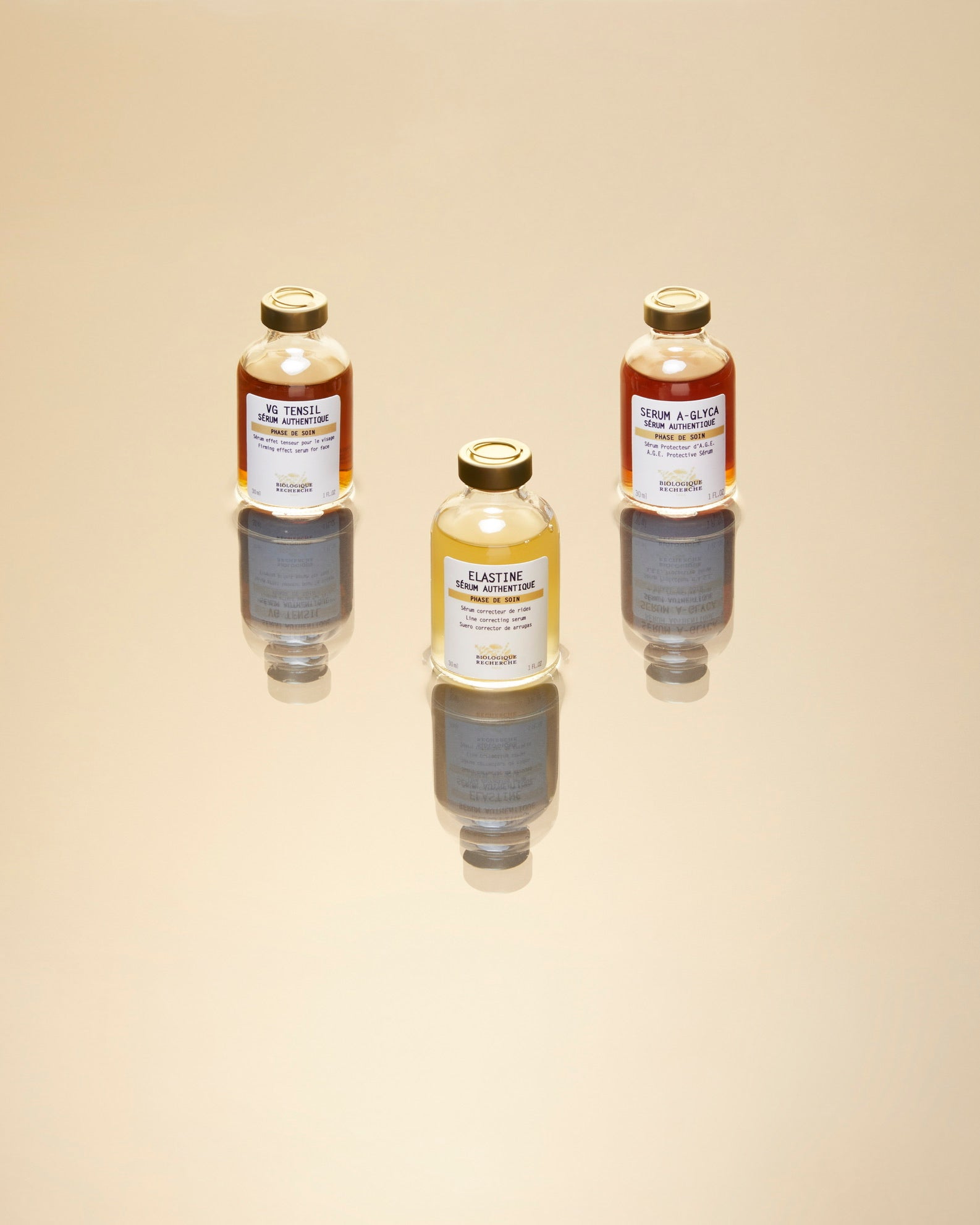
Skin Health from Within: The Connection Between your Gut and your Skin
We know that it may sound cliche but the saying "you are what you eat" is in fact true and your diet can have a crucial impact on how you feel and how you look.
The skin, our largest organ, often mirrors our inner health. The profound connection between gut health and skin health is gaining recognition among health enthusiasts and experts alike. While skincare routines and topical treatments have their place, the foundation of vibrant and glowing skin starts from within. Proper nutrition plays a pivotal role in nurturing both our gut and skin health. Let's dive into the benefits of essential vitamins for gut health and how they contribute to radiant skin.
The Gut-Skin Connection
Your body will always find ways to tell you if something is wrong. Issues with digestion may often show on the skin. An imbalanced gut can lead to inflammation, which might manifest as various skin issues like acne, eczema, or psoriasis. On the other hand, a healthy gut can contribute to clear, radiant skin.
Magnesium:
Magnesium is involved in over 300 biochemical reactions in the body, helping you get a restful night’s sleep and also has an undeniable impact on your skin’s health . It helps maintain skin barrier function and hydration
Sources: Nuts, seeds, whole grains, and leafy greens are magnesium sources.
Signs of Deficiency: Deficiency may lead to skin inflammation and impaired barrier function.
Zinc:
Zinc is a mineral essential for immune function, wound healing, and skin health. It aids in controlling inflammation and maintaining the integrity of the skin barrier.
Sources: lean meats, seafood, nuts, seeds, and legumes.
Signs of Deficiency: acne, eczema, and delayed wound healing.
Vitamin D:
Vitamin D is crucial for immune function and skin health. It helps in regulating the skin's immune response and promoting cell growth.
Sources: Fatty fish, fortified dairy products, egg yolks, and sunlight exposure are sources of vitamin D.
Signs of Deficiency: psoriasis, dry skin, break-outs around the mouth and chin, and increased susceptibility to infections.
Vitamin C:
Vitamin C is an antioxidant that supports collagen production, aiding skin elasticity and repair.
Sources: Citrus fruits, strawberries, bell peppers, and broccoli are rich in vitamin C.
Signs of Deficiency: slower wound healing, dryness, and premature aging.
Vitamin K:
Vitamin K is involved in blood clotting and contributes to skin health by helping with bruise healing and reducing the appearance of dark circles.
Sources: Leafy greens, broccoli, and fermented foods are sources of vitamin K.
Signs of Deficiency: excessive bruising and slow skin healing.
B Vitamins:
B vitamins are vital for skin health, and Vitamin B12 is particularly important. It aids in cell reproduction and renewal, contributing to a radiant complexion.
Sources: meat, fish, dairy, and fortified cereals are sources of B12.
Signs of Deficiency: pale or jaundiced skin, along with inflammation and dryness.
Probiotics:
Probiotics are beneficial bacteria that support gut health by maintaining a balanced gut microbiome. A healthy gut microbiome has been linked to reduced inflammation and improved skin conditions like acne and eczema.
Sources: Fermented foods like yogurt, kefir, sauerkraut, and kimchi are excellent sources of probiotics.
Signs of Deficiency: dry skin and types dermatitis
Maintaining optimal levels of these essential vitamins and nutrients through a well-rounded diet can significantly contribute to both gut and skin health. A study published in the Dermatology Times explored the intricate relationship between gut health and skin conditions, shedding light on the importance of a holistic approach to skincare. By prioritizing nutritional meals and fostering a healthy gut, radiant and glowing skin becomes an achievable goal.
As always, we recommend consulting a healthcare professional before making significant changes to your diet or supplement regimen.




